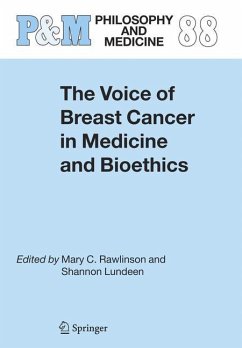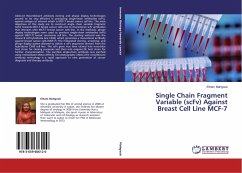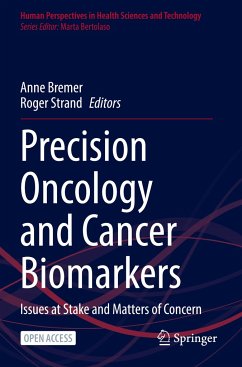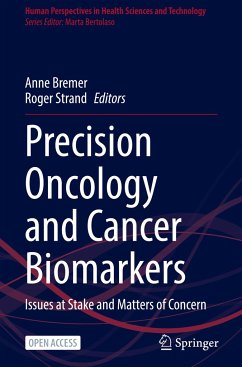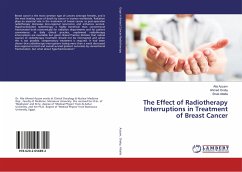
The Effect of Radiotherapy Interruptions in Treatment of Breast Cancer
Versandkostenfrei!
Versandfertig in 6-10 Tagen
43,99 €
inkl. MwSt.

PAYBACK Punkte
22 °P sammeln!
Breast cancer is the most common type of cancers amongst females, and is the most leading cause of death by cancer in women worldwide. Radiation plays an essential role in the treatment of breast cancer as post-operative radiotherapy decreases loco-regional recurrence and enhances survival. Hypofractionated radiotherapy is highly beneficial than conventional fractionated both economically for radiation departments and for patient convenience. In daily clinical practice, unplanned radiotherapy interruptions are inevitable but good clinical Practice dictates that radical courses of radiotherapy ...
Breast cancer is the most common type of cancers amongst females, and is the most leading cause of death by cancer in women worldwide. Radiation plays an essential role in the treatment of breast cancer as post-operative radiotherapy decreases loco-regional recurrence and enhances survival. Hypofractionated radiotherapy is highly beneficial than conventional fractionated both economically for radiation departments and for patient convenience. In daily clinical practice, unplanned radiotherapy interruptions are inevitable but good clinical Practice dictates that radical courses of radiotherapy treatment should not be interrupted and when this is not possible, compensatory treatment is required. It had been shown that radiotherapy interruptions lasting more than a week decreased loco-regional control and overall survival (patient outcome) by conventional fractionation, but what about hypofractionation?



